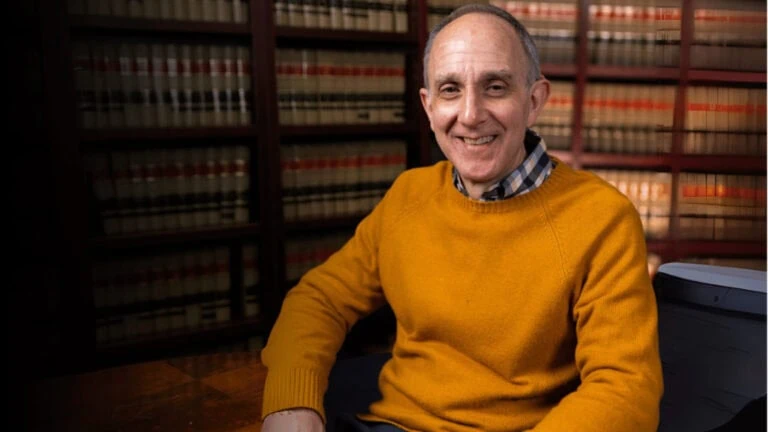As we have reported in previous articles, the U.S. Supreme Court’s 2011 ruling in Pliva v. Mensing left patients taking generic drugs with virtually no remedies when they are harmed or killed by defectively designed generic drugs. The irony of the ruling was that in 2008 the Supreme Court ruled in Wyeth v. Levine that patients harmed or killed by defectively designed name brand drugs could sue manufacturers for damages. Given that 8 in 10 prescriptions filled in the U.S. are for generic drugs, Pliva v. Mensing left most patients harmed or killed by defectively designed drugs without a remedy.
Cost Savings for Generics?
The appeal of generic drugs has always been that they are supposed to be significantly less expensive than name brand drugs; the expectation has been that the wider use of generics will help bring down the otherwise skyrocketing costs of healthcare. The supposed cost savings of generics has been what the generic industry has claimed justifies leaving the victims of dangerous generic drugs without legal rights.

Terrell Hogan will continue to report recalls and warnings about dangerous products as the information becomes available.
Connecticut leads 20 states alleging price-fixing in generic drugs


